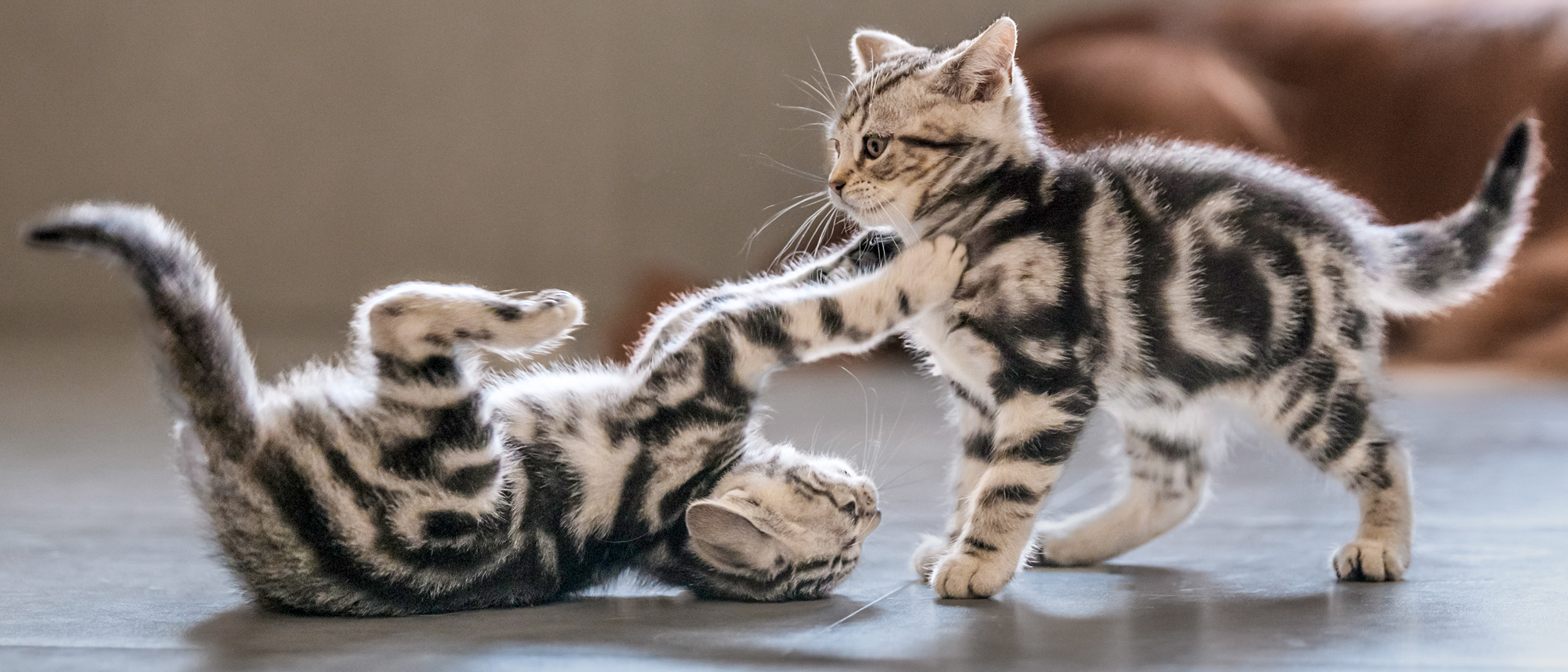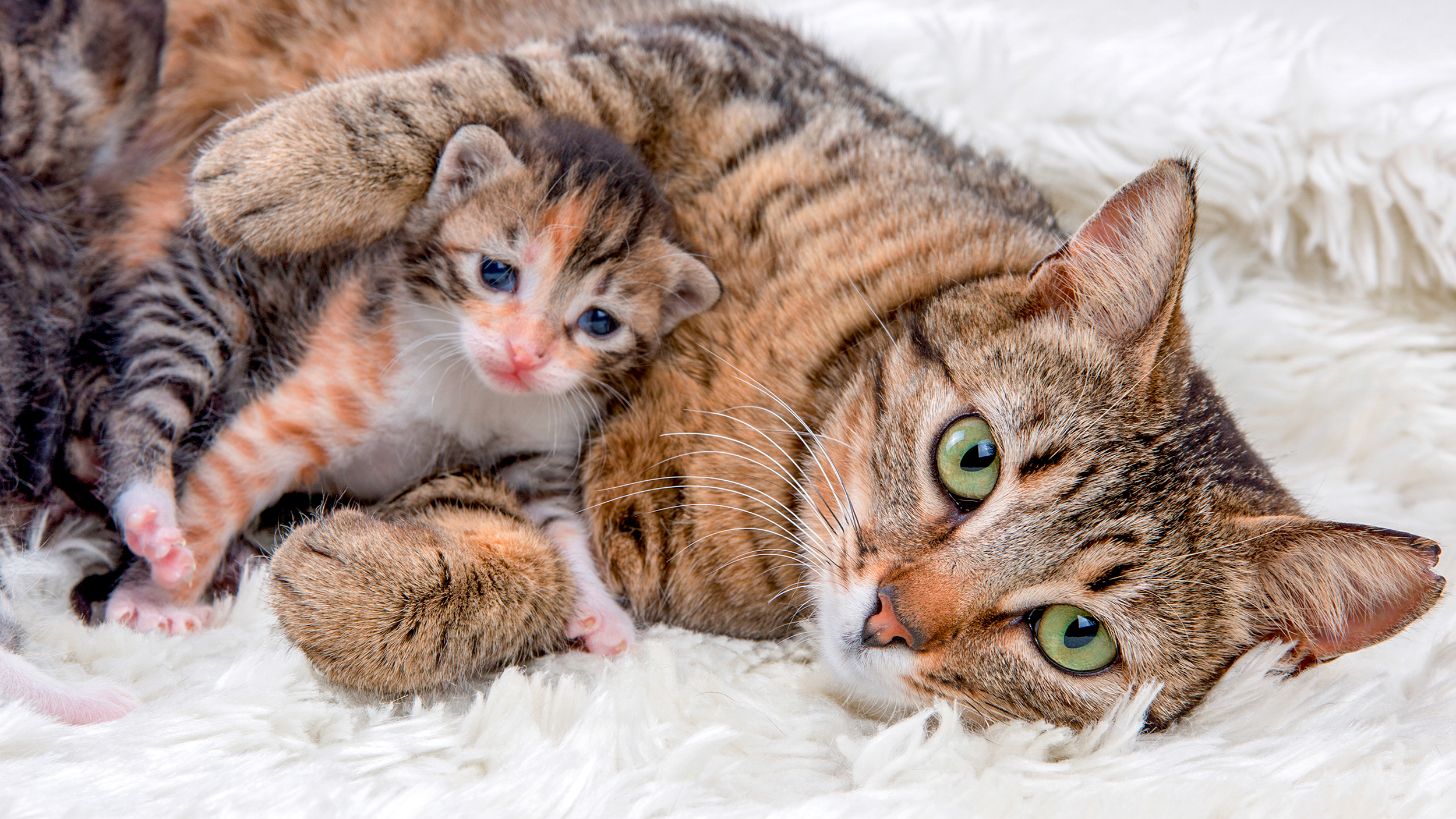Савети за дресуру мачета

Васпитање најбоље делује ако су сесије прилично кратке и учестале, ако мачки ништа друго не одвлачи пажњу, награда која се даје има високу вредност за мачку и понашање које се подстиче није у прошлости било повезано са нечим негативним.
Како мачке уче
Основно учење мачета се одвија у периоду од рођења до шестог месеца кроз доминантну улогу мајке и интеракцију са браћом и сестрама. Маче почиње да имитира мајчине поступке, а затим самостално учи кроз експериментисање. Стога је ваш допринос основама учења вашег мачета ограничен, али још увек имате одговорност да довршите њихову социјализацију у контексту новог окружења.
Улога мајке мачке
Препоручује се да сачекате да ваше маче напуни најмање два месеца пре него што га одвојите од мајке и браће и сестара. Мачке мајке имају кључну улогу у одгоју својих мачића, оне их својим примером и кроз игру подучавају о хигијени и друштвеним навикама, дају им храну, надзиру их, теше и штите.

Ваша улога
На ваше маче утиче и окружење са којим га упознајете. Маче које је у контакту са разним људима и животињама од врло раног узраста, биће далеко уобличенија и радозналија мачка.
Принципи обуче вашег мачета
Иако ће ваше маче почети имитирајући своју мајку, оно ће након тога наставити да експериментише. Део експериментисања је учење последица својих поступака. У основи, ако му се те последице свиђају, он ће понављати те радње.
Грижење и гребанје
Маче мора што пре да схвати шта је дозвољено, а шта није, пре него што се канџе и зуби потпуно развију. Када се игра борби са својом браћом и сестрама, угризи и огреботине које маче прима помажу му да утврди колико може бити агресивно када користи зубе и канџе без наношења бола.
Коришћење посуде са посипом
Са отприлике пет или шест недеља, ваше маче ће научити да користи своју посуду за посип и често ће проводити пуно времена прикривајући свој измет. Ако маче то не ради, стављајте га често у посуду за посип, посебно после јела. Узмите му шапе и ископајте рупу како би стекло навику да прекрива измет. Требало би да ово поновите само једном или два пута.
Имате ограничену контролу када је у питању дресура мачета, међутим, ако радите на читању говора његовог тела, као и звукова и израза лица, све ћете боље разумети понашање мачета и бићете способнији да обезбедите његову добробит.
translations.feature.articles.relatedarticles

Прилагођена исхрана за ваше маче
Нутритивне формуле које помажу у изградњи природног имунитета, које подржавају здрав раст и помажу у развоју система за варење.
Лајкуј и подели страницу